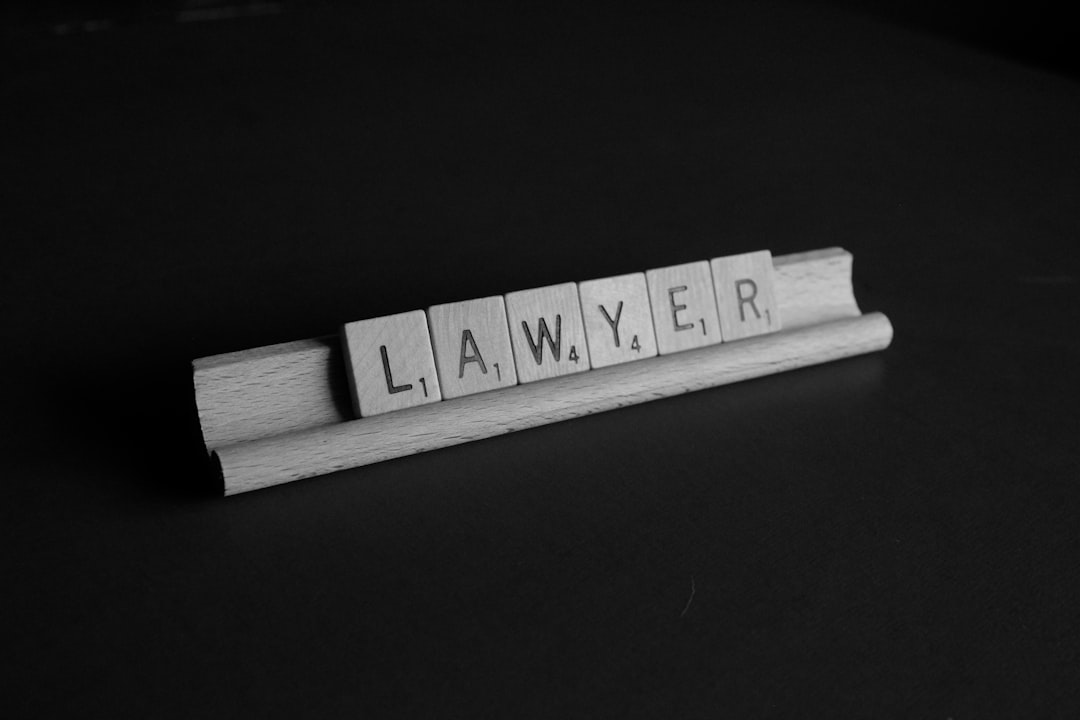In Lewiston, Maine, understanding spam call patterns is crucial for combating illegal communication. Spammers use automated systems and virtual numbers to hide, but Maine's strict Spam Call laws offer protection through pattern recognition and reporting to specialized law firms. Staying informed and vigilant, along with registering numbers on the National Do Not Call Registry, blocking tools, and reporting spam, shields against deceptive practices, ensuring compliance and maintaining law firm reputation under stringent anti-spam legislation.
In Lewiston, Maine, illegal spam text messages are a prevalent nuisance, impacting individuals and local businesses alike. This article delves into the common types of these spam calls, focusing on patterns unique to Maine. With potential legal implications for law firms caught in this crossfire, understanding these tactics is crucial. We explore effective strategies to combat illegal spam messages, providing insights for both residents and legal professionals seeking to protect themselves from these intrusive practices.
Understanding Spam Call Patterns in Maine

In Lewiston, Maine, as across the country, understanding spam call patterns is a crucial step in combating unwanted and illegal communication. Many residents fall victim to various forms of spam text messages and phone calls daily, from phishing attempts to fraudulent promotions. A common tactic used by spammers is to disguise their identity by using automated systems or virtual phone numbers, making it harder for recipients to trace the source.
Maine’s strict Spam Call laws empower citizens to take action against these relentless intruders. By recognizing typical spam call patterns—such as frequent unknown numbers, pre-recorded messages, or urgent requests for personal information—residents can protect themselves and report suspicious activities to a local law firm specializing in telecom fraud. Staying vigilant and informed is key to navigating the digital landscape and safeguarding against deceptive practices.
Legal Implications for Law Firms Dealing with Spam

Law firms in Lewiston, Maine, often find themselves on the receiving end of illegal spam text messages, a growing concern in today’s digital landscape. When it comes to dealing with spam calls and texts, legal implications play a significant role. These practices can trigger various compliance issues and are subject to strict regulations under federal and state laws.
For law firms, identifying and blocking these fraudulent messages is not only a matter of ethical practice but also a way to protect their reputation. Maine’s anti-spam laws empower consumers to take action against unsolicited text messages, holding senders accountable for non-consensual communication. Law firms that effectively manage and address spam can ensure they remain compliant, safeguard client data, and maintain a professional image in the legal community.
Effective Strategies to Combat Illegal Spam Messages

Illegal spam text messages can be a persistent problem, but there are effective strategies to combat them. In Lewiston, Maine, individuals and businesses can take several proactive measures to reduce the influx of unwanted messages. First, registering your phone number with the National Do Not Call Registry is a crucial step, as it restricts marketing calls from known spammers. Many reputable spam call law firms in Maine offer services that block and monitor these messages, providing an extra layer of protection.
Additionally, using robust spam filtering tools can significantly curb the volume of illegal text messages. Text message service providers often have advanced filters that identify and automatically redirect spam to a designated junk folder. Encouraging recipients to report spam messages is another powerful strategy; this data helps law enforcement track patterns and target offenders under the existing spam call law in Maine.






